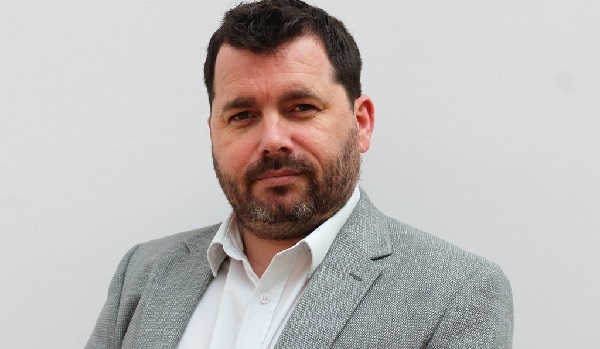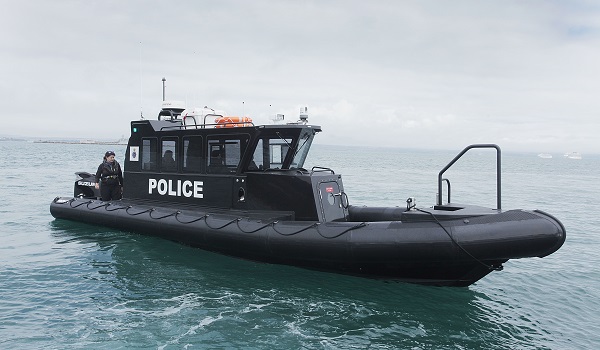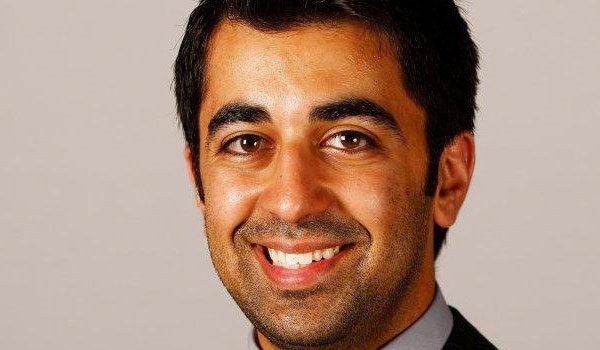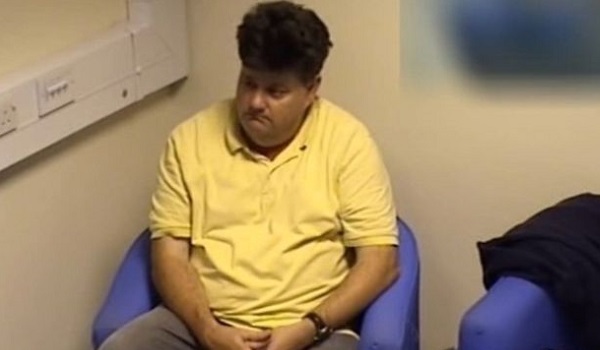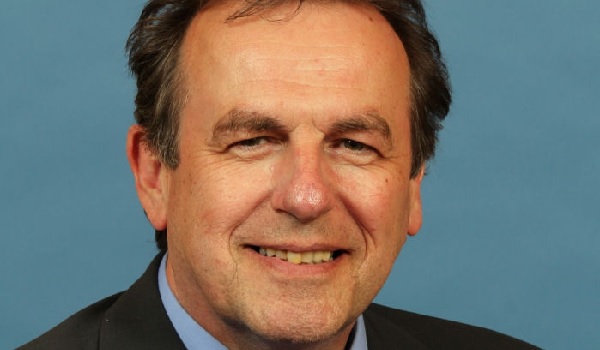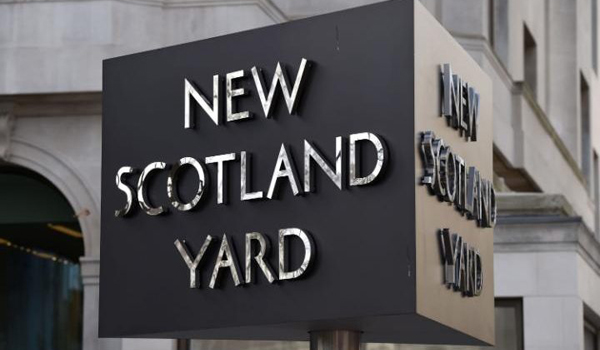NPCC agrees to pay ‘Overnight Allowances’ to officers protecting Donald Trump
All officers providing mutual aid during the visit of the 45th President of the United States of America will be paid the allowance for working away from home after pressure from the Police Federation of England and Wales (PFEW).
Donald Trump is scheduled to land in the UK on the night of July 12 for talks at number ten Downing Street with Prime Minister Theresa May and could also meet the Queen. He is then expected to visit Scotland.
To ensure the President’s safety, thousands of police officers will be moved around the country in anticipation of protests against his visit, with many having to stay away from their home forces to cover the locations Mr Trump will be visiting.
Not only will this leave some forces under additional pressure, but a loophole means many officers will not automatically qualify for the away from home ‘Overnight Allowances’.
However, the NPCC confirmed on Tuesday (July 3) that the officers will be paid the allowance.
Assistant Chief Constable Chris Shead, strategic lead for the National Police Coordination Centre, said: “Having considered the current threats and resources, each of the force-level gold commanders leading the operation have agreed the requirement for officers to be ‘held on reserve’ in the event they need to be immediately deployed.
“This means officers will need to be ready for immediate response during the period they are off duty and therefore will be paid an away from home overnight allowance.
“The National Police Coordination Centre is communicating this to all forces through regional mutual aid coordination centres.”
The decision comes after it emerged some chief constables had agreed to pay the allowance.
The PFEW accused other police leaders and the National Police Chiefs’ Council (NPCC) of “dragging their heels” as only a small number of chief constables had agreed to give their officers extra pay.
To qualify for the overnight allowance, an officer must be ‘held in reserve’. And for an officer to be held in reserve, they must meet all three of the following criteria:
Be away from their normal place of duty;
Be required to stay in a ‘particular, specified place’ overnight, rather than being allowed home; and
By reason of the need to be ready for immediate deployment.
Simon Kempton, PFEW lead on mutual aid, described the third requirement as the “sticking point”, as you must be “actively on stand-by” to qualify for the payment, but the NPCC has now agreed that all officers offering mutual aid will automatically meet all three requirements.
Mr Kempton added: “The Federation has worked hard, nationally and at local level, to put forward a reasoned and balanced case to chief officers as to why officers should all be treated fairly and in these circumstances be paid the allowance.
“It is positive that those arguments have now been listened to, albeit disappointing that this was not recognised at the outset. There was disparity across the country in the approaches being taken and that caused anger and only leads to feelings of resentment.
“Time and time again officers have their days off cancelled, work over their hours and away from home. This has an impact on their home life, their families, and the health and wellbeing of officers themselves, so the very least that should be done is that they are paid and recognised in a fair way.
“Simply put, this has been about officers getting paid what they deserve and us being able to represent you with chiefs to get a fairer deal, and we as a federation have worked hard behind the scenes to achieve that.”


